Obama won't be able to repeat his China climate change deal in India. Here's the next best thing.
But here's the next best thing
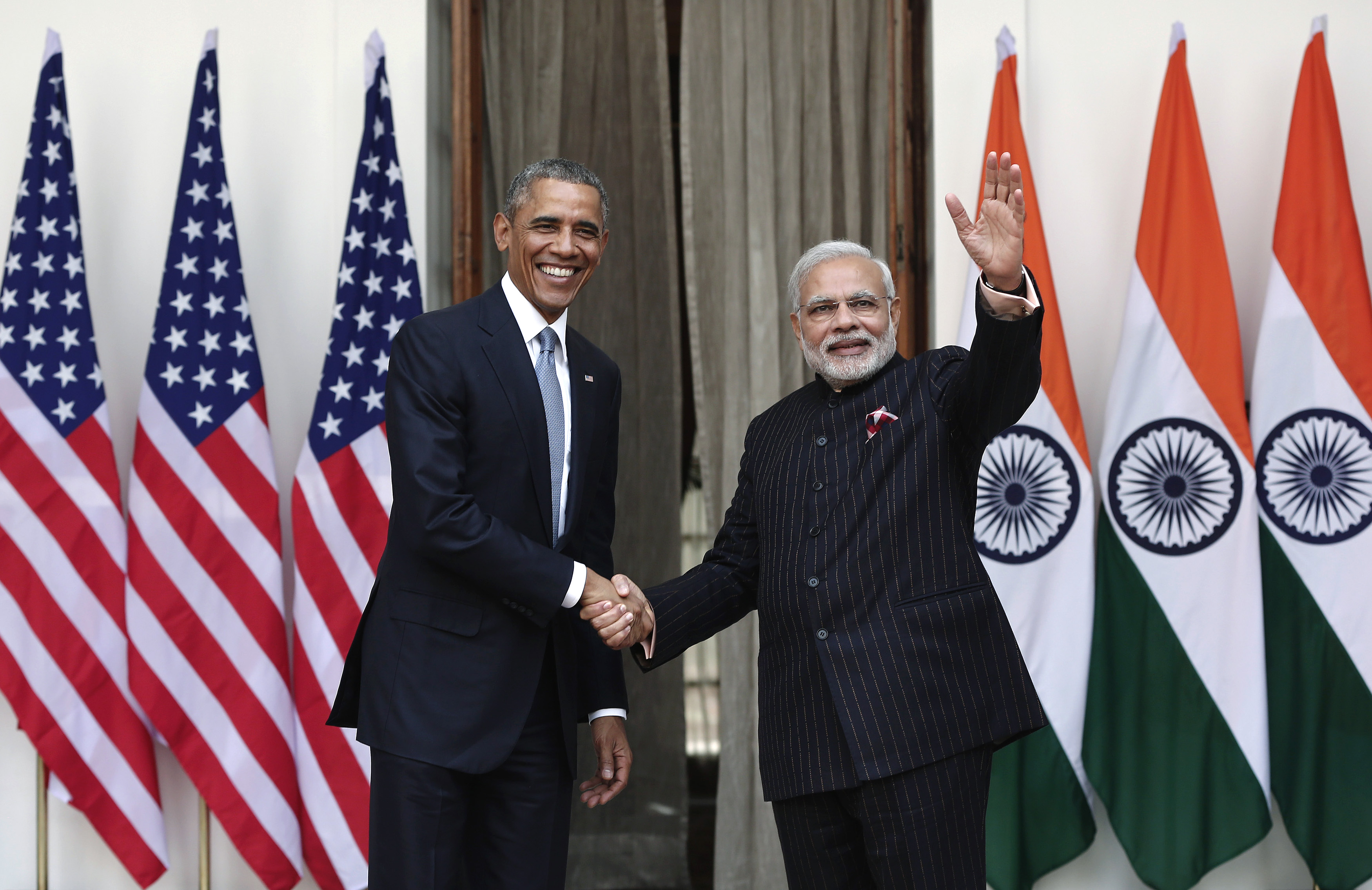
A free daily email with the biggest news stories of the day – and the best features from TheWeek.com
You are now subscribed
Your newsletter sign-up was successful
Urging Prime Minister Narendra Modi to commit to action on climate change ranks high on President Barack Obama's list of priorities during his visit to India. The recent U.S.-China agreement sparked optimism on climate change cooperation between industrialized and developing countries. Now the United States is keen to strike a deal with India — the world's third-largest emitter — as well.
The U.S. and India on Sunday announced a modest deal to curb hydrofluorocarbons, a greenhouse gas emitted by refrigerators and air conditioners; work together at climate talks in Paris later this year; and finance India's solar power targets. It is a far more limited agreement than the one hashed out with China. Dismissing the comparison, Modi said, "India is an independent country, and there is no pressure on us from any country or any person."
For India, revitalizing economic growth, addressing the nation's energy shortfall, and creating jobs take precedence. Motivating India to take concrete action on climate change hinges more on American investment and transfer of technology to expand India's renewable energy sector than on getting the country to agree to legally binding emissions cuts — as good as that would be.
The Week
Escape your echo chamber. Get the facts behind the news, plus analysis from multiple perspectives.

Sign up for The Week's Free Newsletters
From our morning news briefing to a weekly Good News Newsletter, get the best of The Week delivered directly to your inbox.
From our morning news briefing to a weekly Good News Newsletter, get the best of The Week delivered directly to your inbox.
Pursuing this path will still reduce India's carbon footprint as the nation transitions away from dirty coal, but it will also improve energy security, spur new opportunities to "Make in India," and potentially create more and better jobs — an agenda that sells well to the Indian public.
India experienced the largest power outage in history in July 2012, when over 600 million people lost power due to the failure of the northern power grid that serves more than half the country. The event highlighted India's inability to meet its economy's voracious appetite for energy. About 35,000 villages and one in four people lack access to electricity. Meanwhile, projections suggest that the country's demand for energy could grow by up to 54 percent by 2020.
Lack of power hampers economic activity and productivity. A study by the Federation of Indian Chambers of Commerce and Industry notes that Indian companies can lose up to 40,000 rupees (about $700) per day in revenue as a result of power shortages. Solving the energy challenge lies at the heart of India's struggle to boost economic growth and provide jobs for its people.
The Modi government has signaled its willingness to improve cooperation on climate change, but its international commitments so far have been modest. Most recently, India supported the agreement from the Lima round of international climate negotiations, setting the stage for the summit in Paris later this year. Additionally, it will double the size of its delegation to the climate negotiations.
A free daily email with the biggest news stories of the day – and the best features from TheWeek.com
In contrast, the government's domestic efforts around renewable energy are far more impressive. The Modi government has increased the target for solar power by a factor of five, aiming to reach 100,000 MW by 2022. Piyush Goyal, India's energy minister, has called for $250 billion to be invested in the power sector over the next four years — including $100 billion in renewables and $50 billion in transmission and distribution.
The government is aiming to bring solar power to every home by 2019. And it doubled the tax on coal from 50 rupees to 100 rupees per ton to grow the nation's clean energy fund.
India has self-interested reasons to address climate change, too: Many predictions suggest India will be one of climate change's biggest victims, with massive coastal flooding, water shortages, and melting Himalayan glaciers. But to broker a landmark climate change deal with India, the United States must focus its efforts where the political energy lies — with renewable energy.
Prime Minister Modi and President Obama should use this visit to chalk out a more concrete plan for cooperation to expand India's renewables sector. For India, a country yearning to spark a new wave of pro-poor growth, a successful strategy relies on linking climate change action with economic expansion and job creation.
Sabina Dewan is the executive director of JustJobs Network and a senior fellow at the Center for American Progress, where she formerly served as the director for globalization and international employment. Her expertise ranges from the impact of globalization on employment to the role of trade, foreign assistance, and monetary policies in raising living standards around the globe. Sabina has an advanced master's degree in quantitative studies from the Catholic University of Brussels, and a second master's degree in public policy from the University of California, Los Angeles. She is a frequent media contributor, having appeared on outlets such as CNBC, BBC, and Al-Jazeera.
-
 The EU’s war on fast fashion
The EU’s war on fast fashionIn the Spotlight Bloc launches investigation into Shein over sale of weapons and ‘childlike’ sex dolls, alongside efforts to tax e-commerce giants and combat textile waste
-
 How to Get to Heaven from Belfast: a ‘highly entertaining ride’
How to Get to Heaven from Belfast: a ‘highly entertaining ride’The Week Recommends Mystery-comedy from the creator of Derry Girls should be ‘your new binge-watch’
-
 The 8 best TV shows of the 1960s
The 8 best TV shows of the 1960sThe standout shows of this decade take viewers from outer space to the Wild West
-
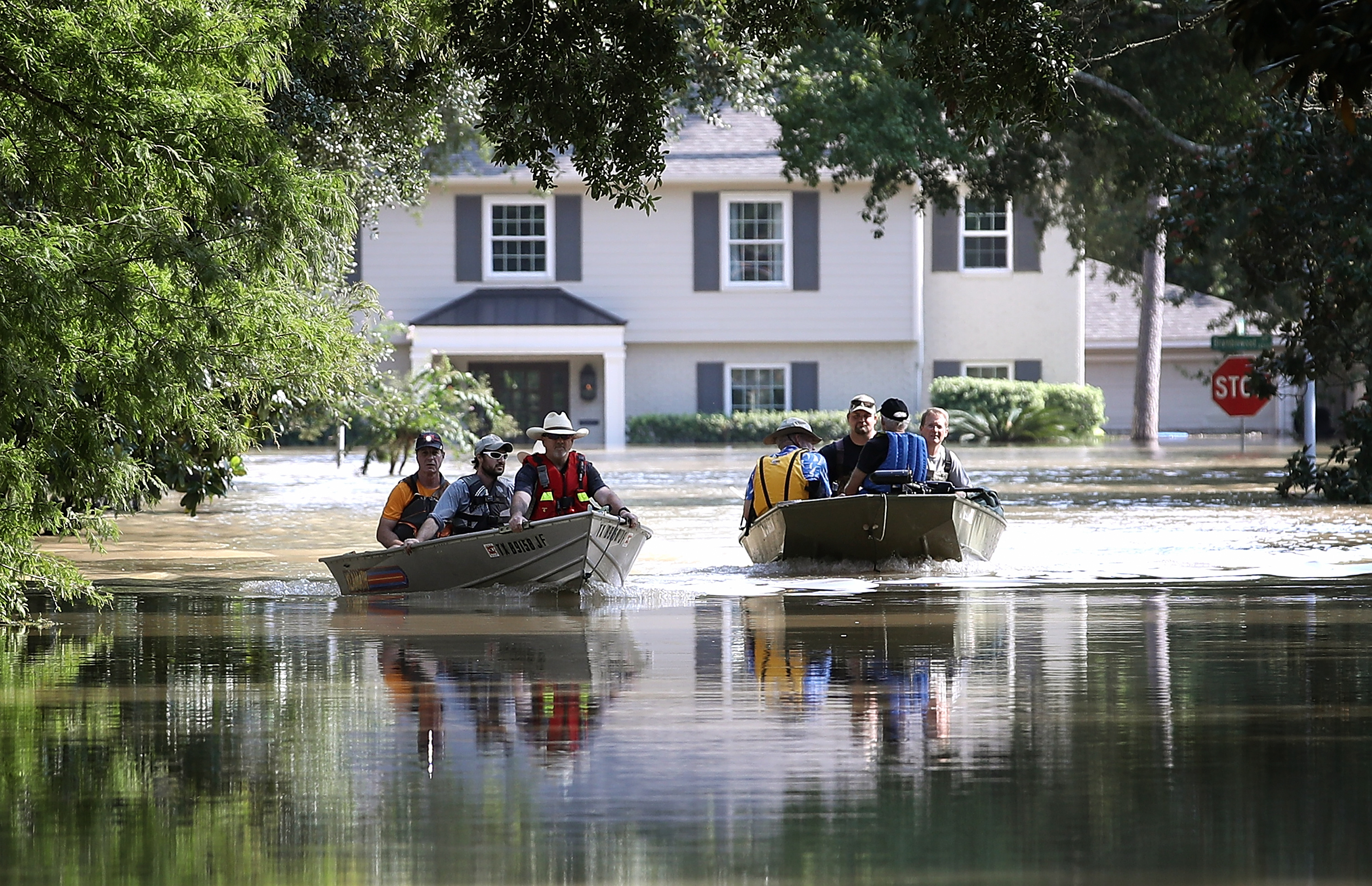 America's flood epidemic
America's flood epidemicThe Explainer Severe flooding is becoming increasingly common in the U.S. — and more destructive
-
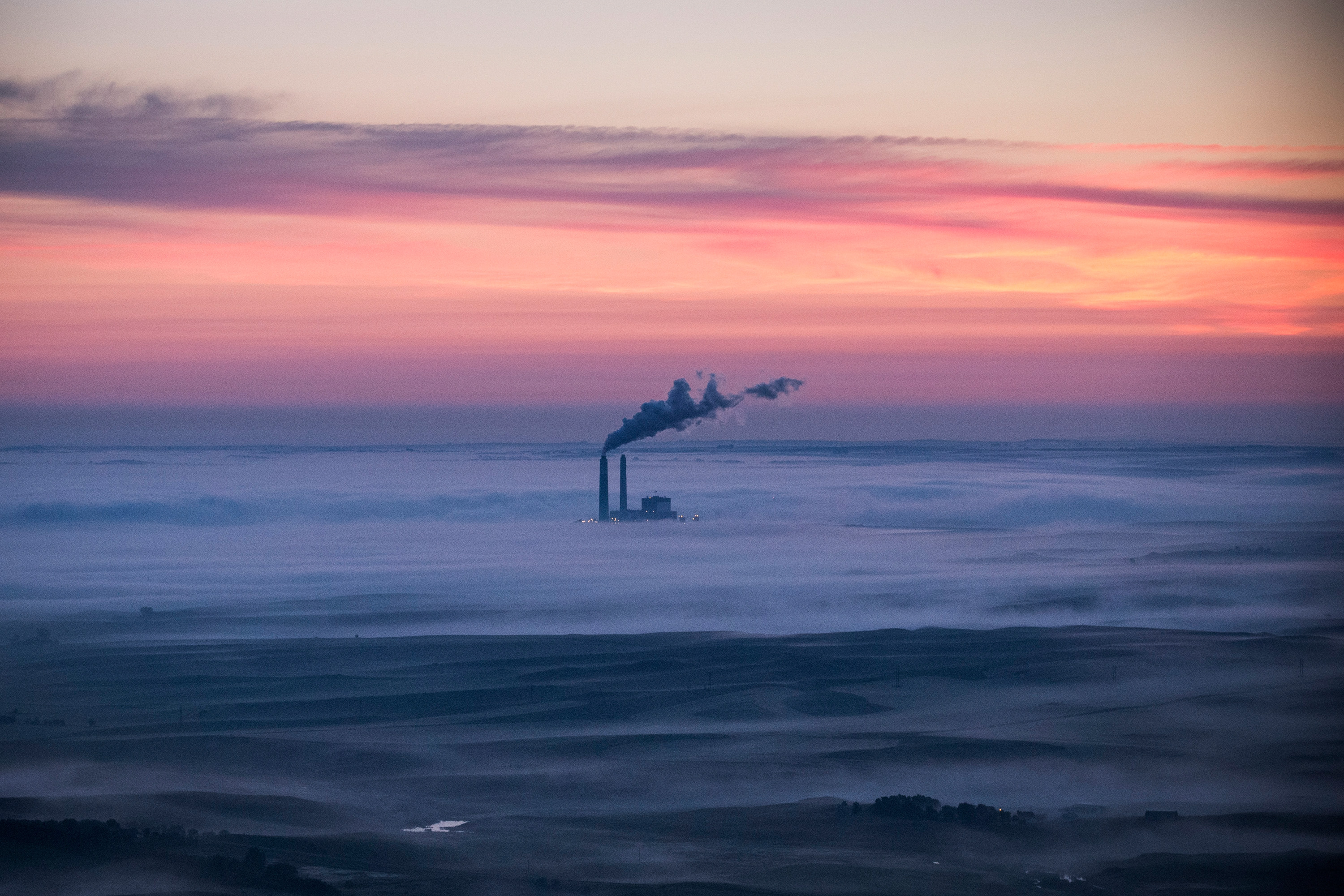 The EPA's changing mission, explained
The EPA's changing mission, explainedThe Explainer After decades of dramatic successes — as well as failures — the Environmental Protection Agency is at a crossroads
-
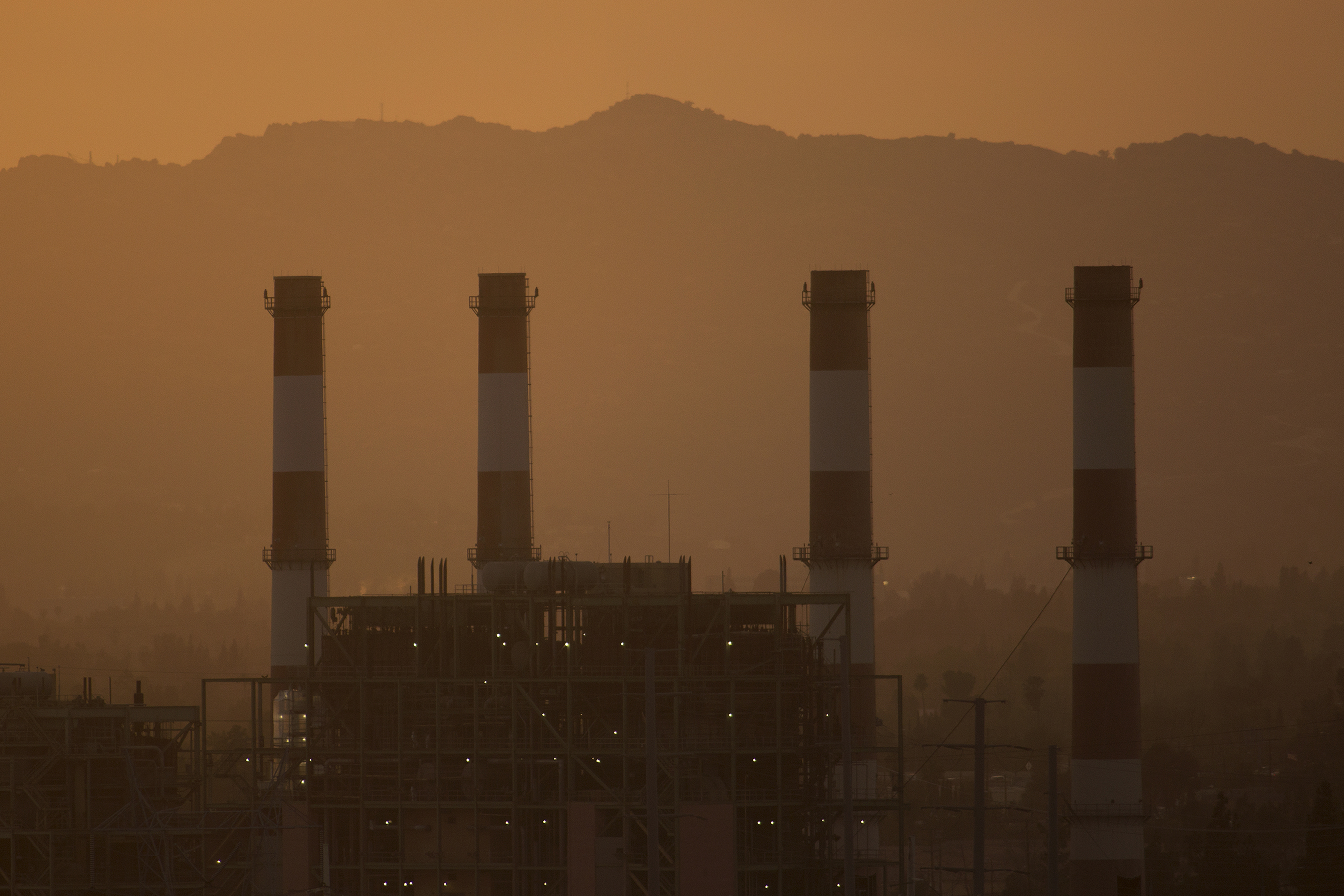 The EPA's changing mission, explained
The EPA's changing mission, explainedThe Explainer After decades of dramatic successes — as well as failures — the Environmental Protection Agency is at a crossroads
-
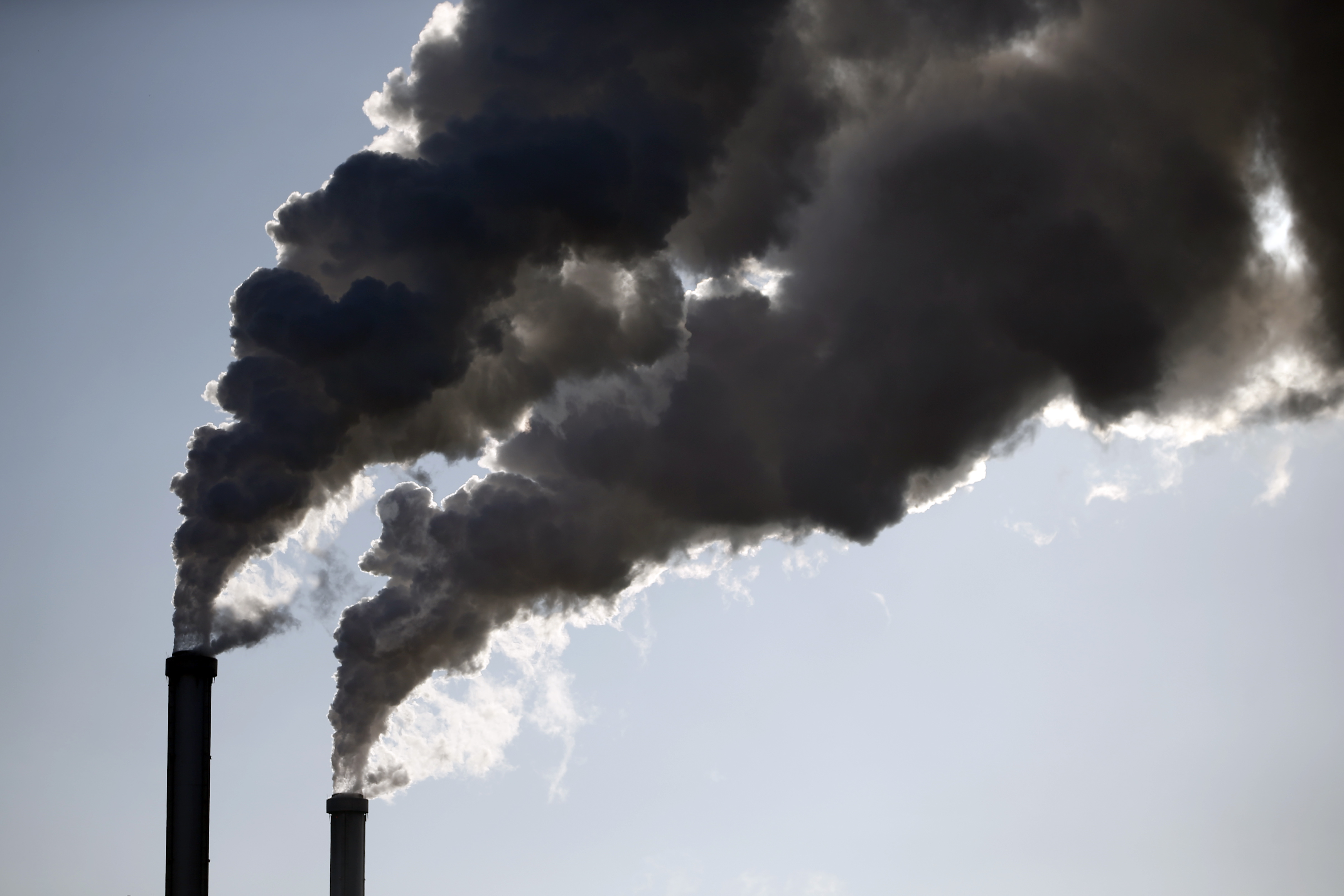 The Paris climate summit: A brief guide
The Paris climate summit: A brief guideThe Explainer More than 190 countries will gather in Paris on Nov. 30 to try to slow climate change. Is it too little, too late?
-
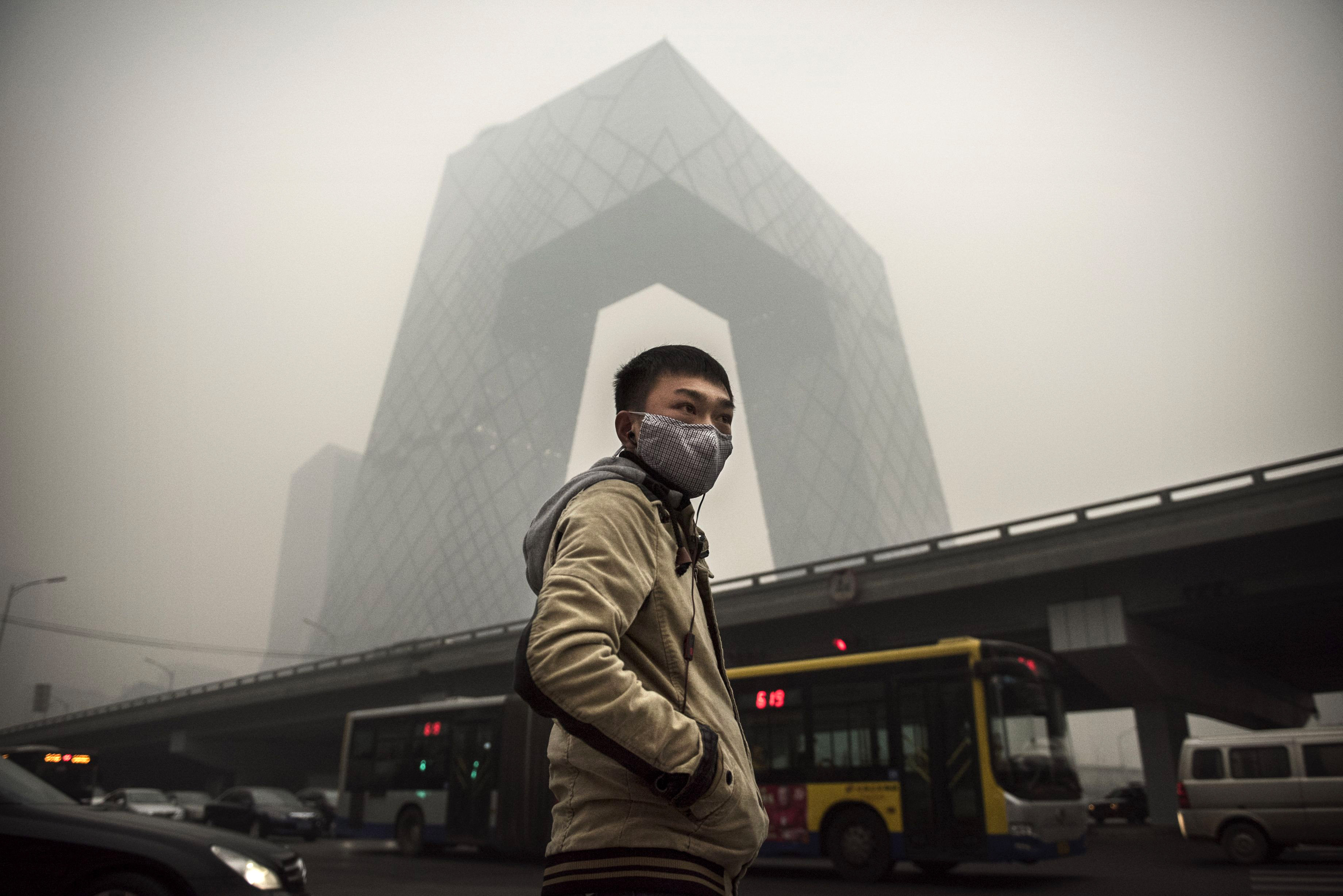 China's green revolution
China's green revolutionThe Explainer The world's worst polluter is worried about climate change, and is now the biggest global investor in green technology
-
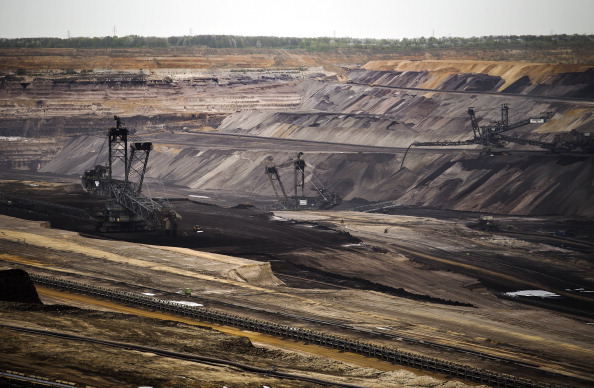 The end of coal?
The end of coal?The Explainer To avoid catastrophic climate change, scientists say, we'll have to abandon the cheapest fossil fuel
-
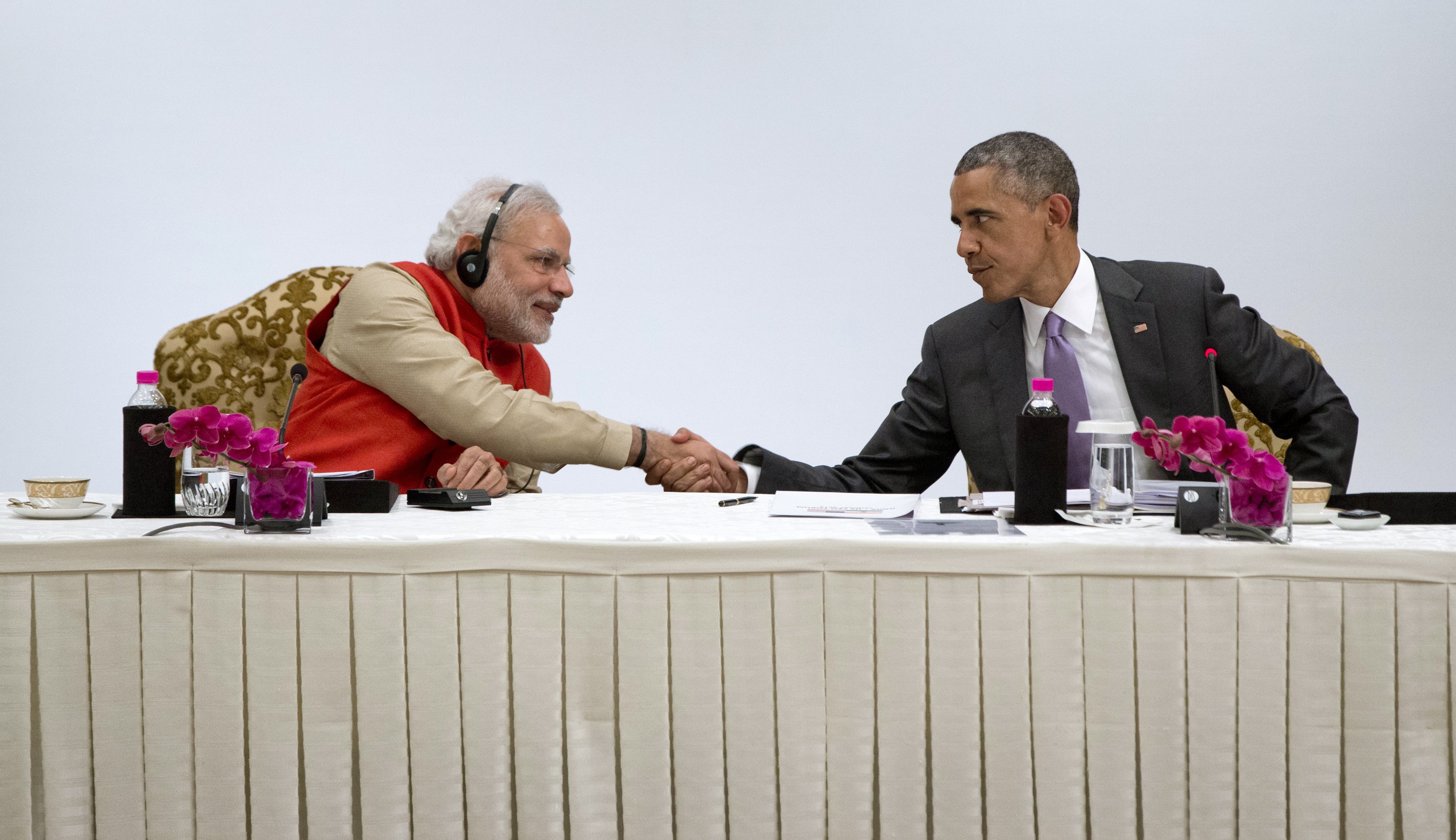 The U.S.-India climate change deal: President Obama is on a roll
The U.S.-India climate change deal: President Obama is on a rollThe Explainer Two cheers for the U.S.-India climate deal
-
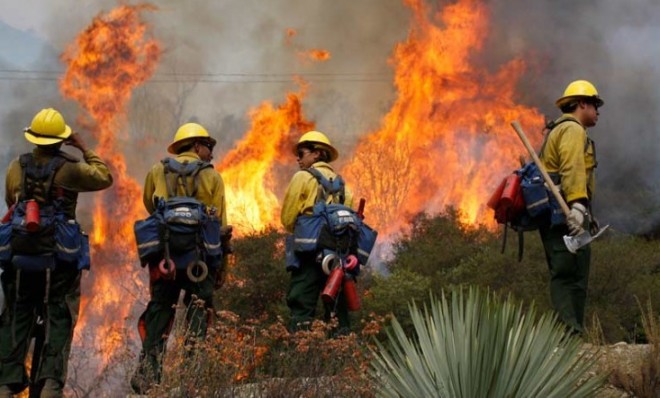 5 things I didn't know about urban wildfires
5 things I didn't know about urban wildfiresfeature


